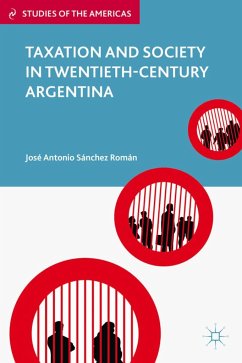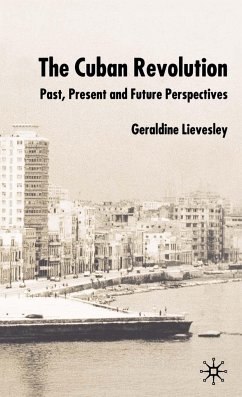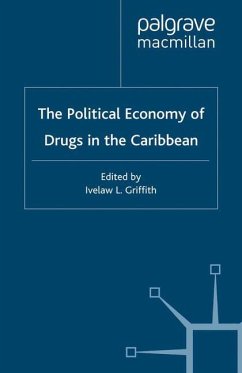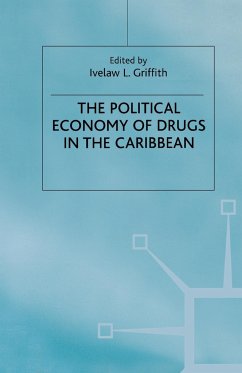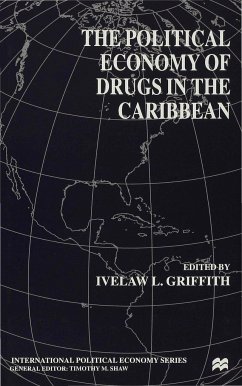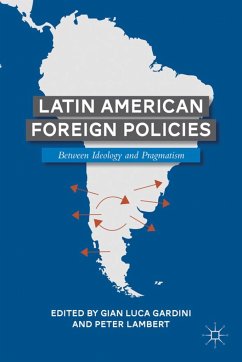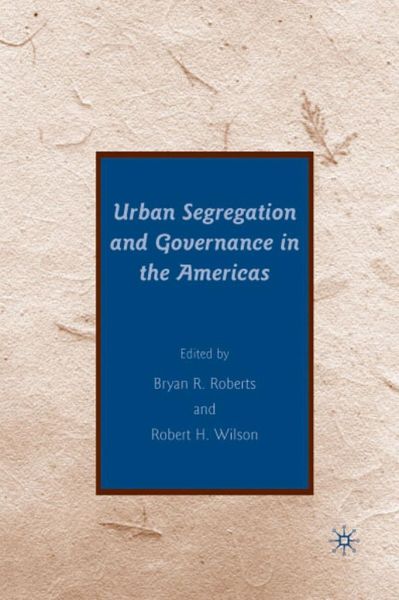
Urban Segregation and Governance in the Americas

PAYBACK Punkte
19 °P sammeln!
Residential segregation is a key issue for good governance in Latin American cities. The isolation of people of different social classes or ethnicities has potential political and social consequences, including differential access to and quality of education, health and other services. This volume uses the recent availability of geo-coded census data and techniques of spatial analysis to conduct the first detailed comparative examination of residential segregation in six major Latin American metropolises, with Austin, Texas, as a US comparison. It demonstrates the high degree of residential se...
Residential segregation is a key issue for good governance in Latin American cities. The isolation of people of different social classes or ethnicities has potential political and social consequences, including differential access to and quality of education, health and other services. This volume uses the recent availability of geo-coded census data and techniques of spatial analysis to conduct the first detailed comparative examination of residential segregation in six major Latin American metropolises, with Austin, Texas, as a US comparison. It demonstrates the high degree of residential segregation of contemporary Latin American cities and discusses implications for the welfare of urban residents.





